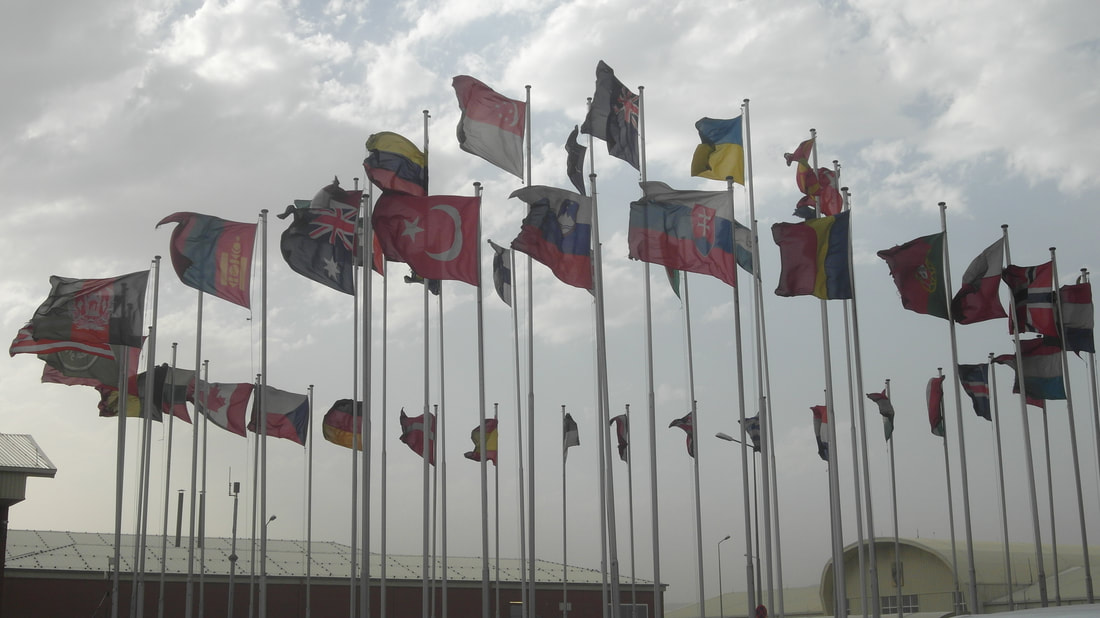With the injection of ISIS into the Iraqi paradigm we are seeing a new Coalition made of the unusual allies: Syria, Iran, Iraq, the Kurds, Australia, Canada, the UK, France, Turkey, Jordan, the United States and now possibly China. The US State Department themselves have listed a good 62 nations who are assisting. If this joint commitment came in 2004, 2007 or even 2010 the current situation could very possibly been avoided. Instead we often saw Saudi support for Sunni militias, Iranian support for Shiite militias and Syrian (tacit) support for all things extremist to cross the border into Iraq.
Beating back ISIS is not as much of a problem as securing & stabilizing Iraq for a post-ISIS functioning state. It will be critical over the next 6 months that ISIS takes a beating that Syria ensures the Syria-Iraq border is one of the most secure in the region while simultaneously neutralizing ISIS elements on both sides of the border. The Kurds need to ensure they secure the areas currently under their control and surrounding their de facto borders. With Iranian training and advising supporting the Iraqi forces and American Intelligence, Surveillance and Reconnaissance and Special Operations support completing the equation, Iraq has a good chance of neutralizing the ISIS threat and getting back on track with their success in stability as they were in a pre-ISIS state.
More often than not, I find horrible events become the catalyst for global engagement in a way that in an odd twist of fate benefits the victim in a long run. The Taliban in the long run will be the cause for saving Afghanistan. 9-11 and global terrorism in the long run is the catalyst for change that will save the dark corners of the world by ramping up global actors to realize they cannot ignore those corners anymore. Somali piracy & Al Shabaab is the catalyst for change that is now saving Somalia. Evil brings out the light and in Iraq’s case, ISIS is the catalyst for change that Saddam and the subsequent insurgency should have been. It will bring together the world to engage with disconnection and instability. Once global actors become inextricably linked to an area they have no choice but to ensure long-lasting development.
Had ISIL not crossed the border into Iraq; progress would have continued albeit slowly. However, the bulk of the international community would have continued to operate lasse fair with little-to-no desire to involve themselves with the challenge. The current crisis however has ensured that multiple actors involve themselves with the troubled nation and barring any cold feet or political externalities, will achieve a lasting result. The worst events in history lend themselves to be catalysts to the next evolution in global affairs.


 RSS Feed
RSS Feed